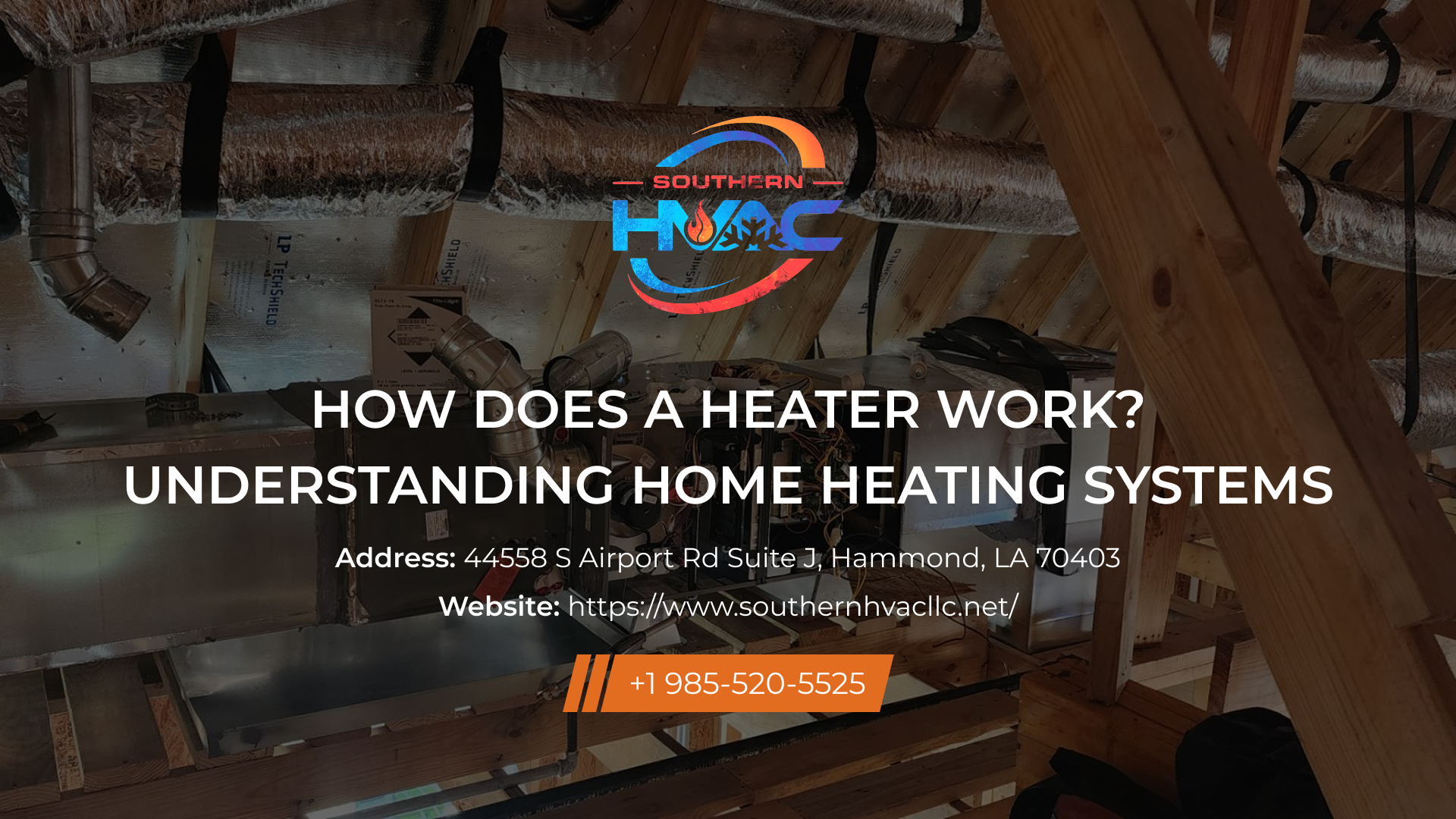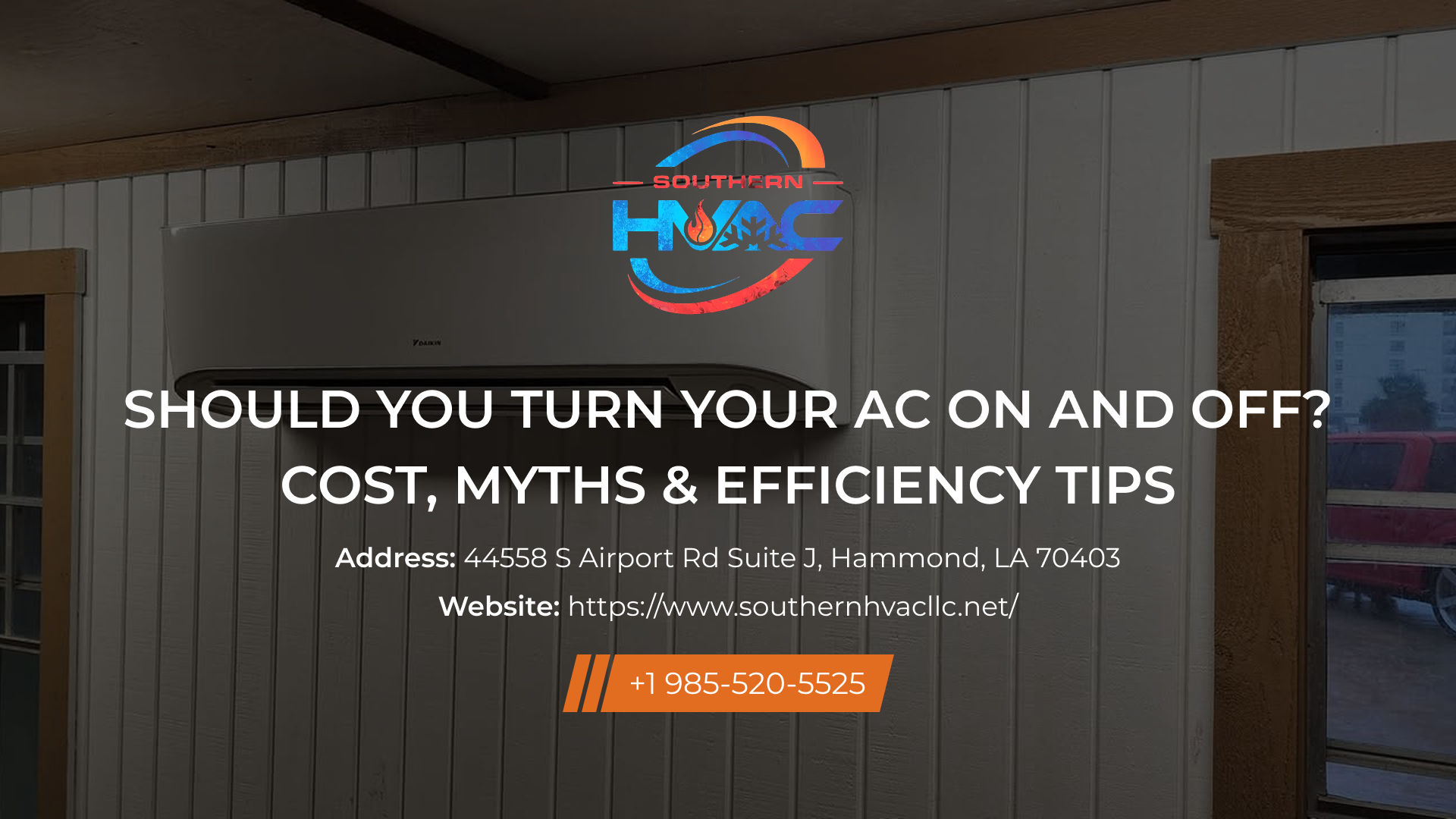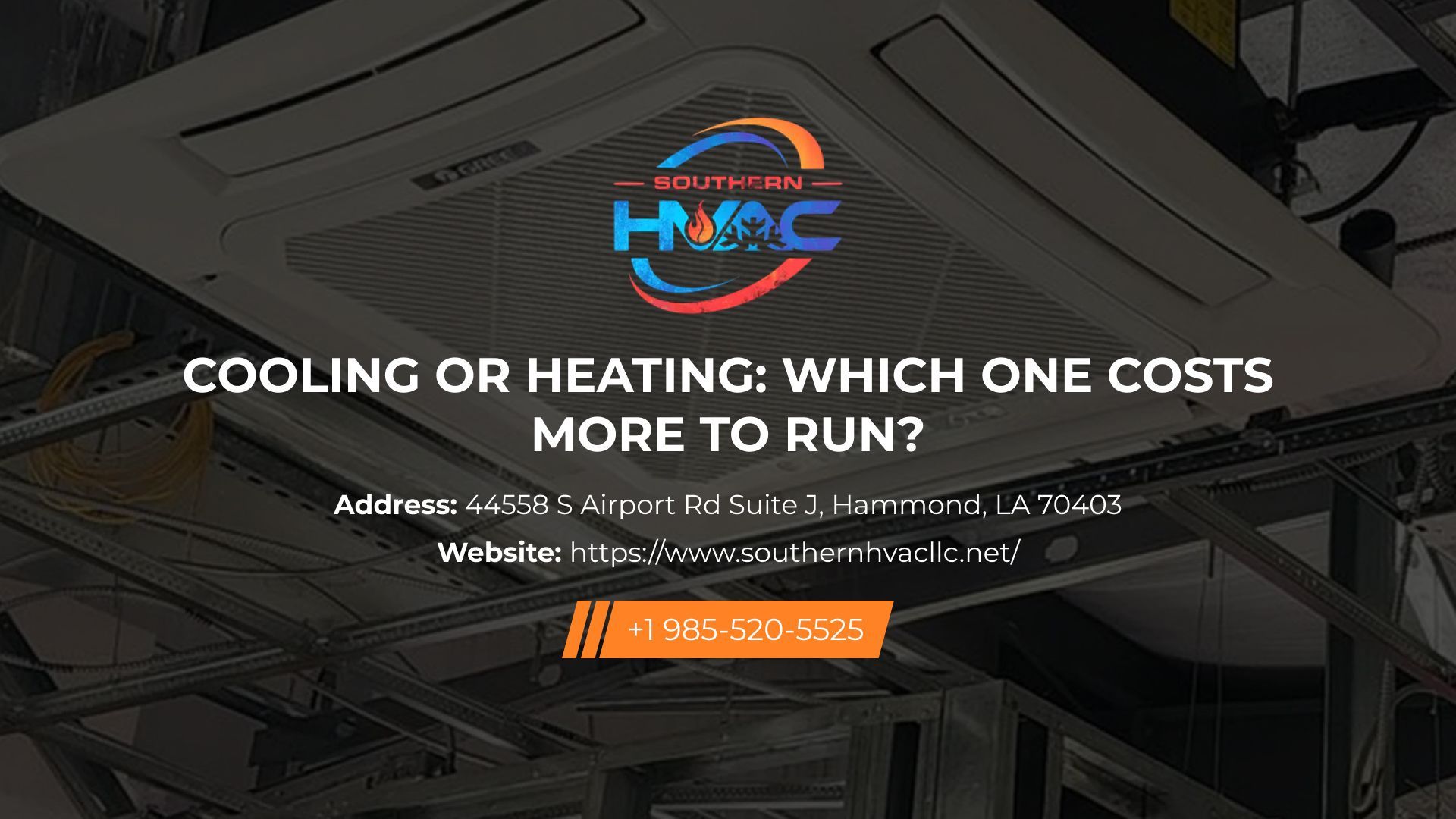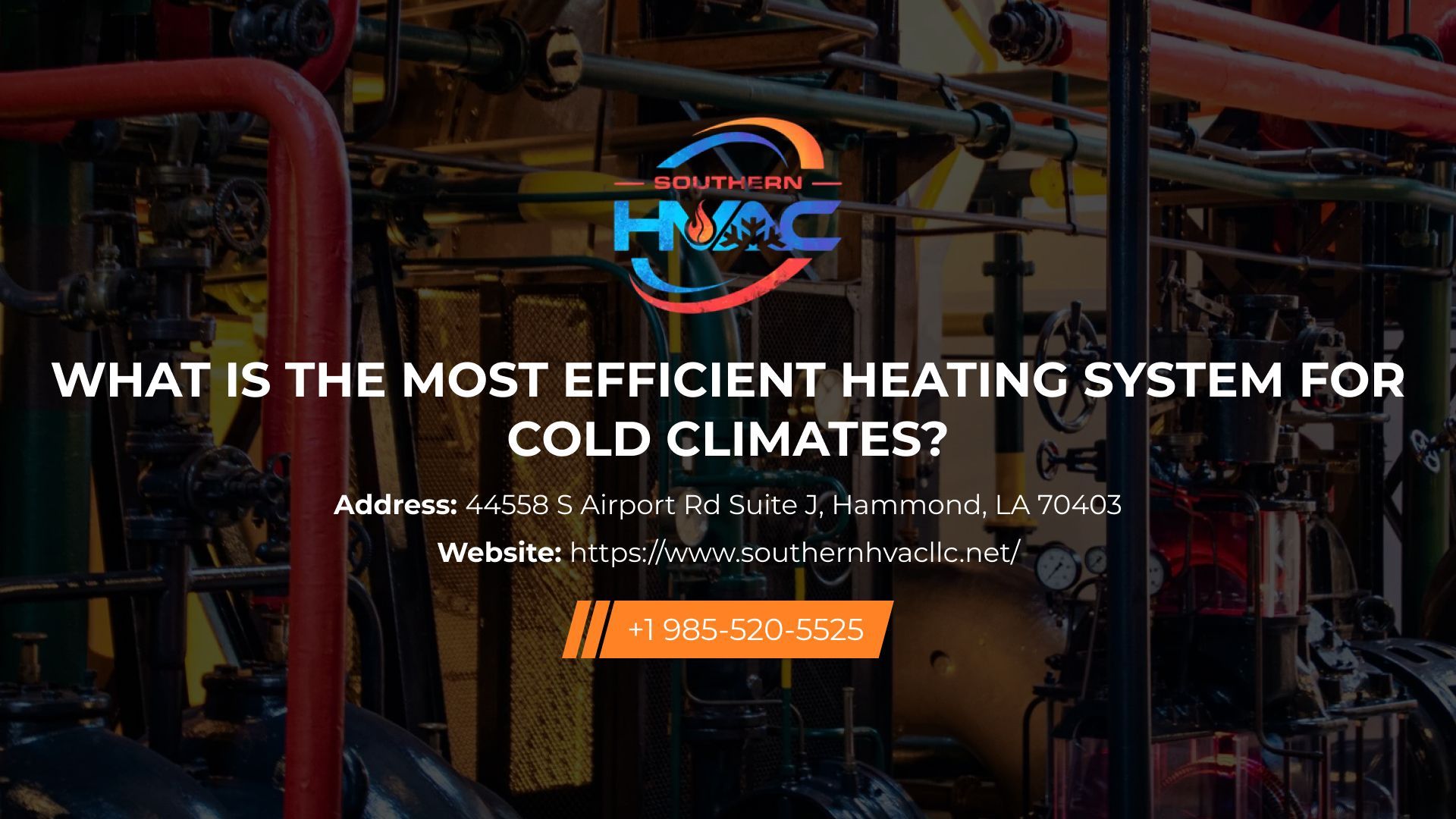How Long Do HVAC Systems Last?
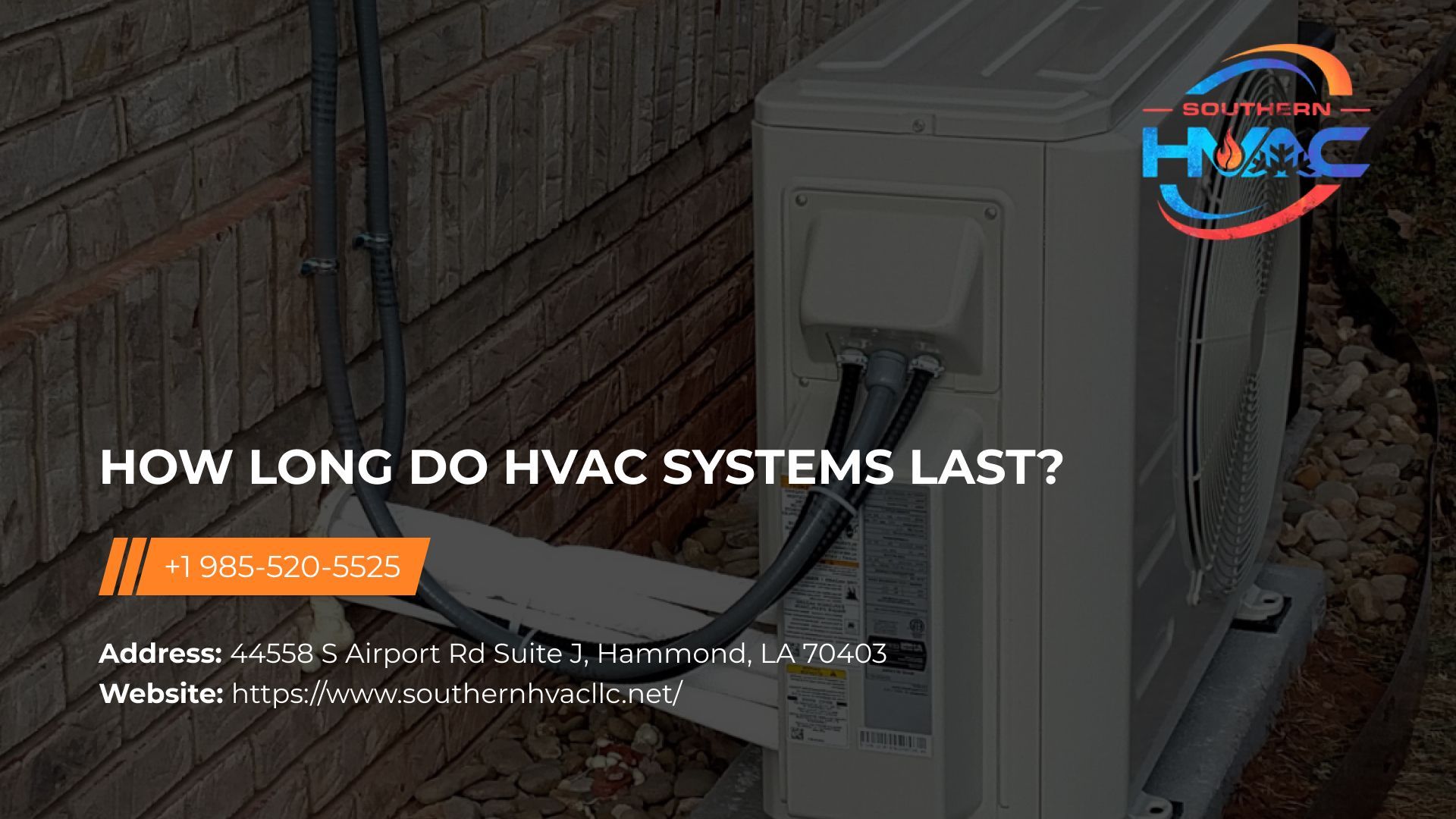
Key Takeaways
- Most HVAC units last 15–25 years with regular care and professional HVAC service.
- Furnaces, air conditioners, heat pumps, and mini-splits possess varying average lifespans.
- System durability depends on factors like the quality of installation, the environment, and filter maintenance.
- Signs of aging include higher utility bills, uneven temperatures, and frequent repairs.
- Thermostat replacement, duct sealing, and biannual equipment service can extend system life.
How Long Do HVAC Systems Last?
Most HVAC systems last between 15 and 20 years. HVAC lifespans differ based on system type, use, and maintenance schedules. Southern HVAC offers the following average lifespans for HVAC systems:
Average Lifespan Of Furnaces
Gas and electric heat furnaces have a 15–20 year life span. Efficiency and life are influenced by big-ticket items like the heat exchanger or fan motor.
Average Lifespan Of Air Conditioners
Answer for “How long does an air conditioning unit last?”, a typical air conditioner lasts 10–15 years. Issues that shorten the life and performance are mostly due to dirty evaporator coils and aged refrigerant lines.
Average Lifespan Of Heat Pumps
Most heat pumps last for 10–15 years, both heating and cooling. System stress is the primary reason for reducing the lifespan of a heat pump.
Average Lifespan Of Ductless Mini-Splits
Ductless mini-split systems typically last 15–20 years. Ductless systems are durable and efficient, using inverter technology to zone according to individual needs.
What Affects HVAC Lifespan?
Here are the key factors that affect your HVAC system’s lifespan:
Proper And Regular Maintenance
Key components like duct sealing, air filtration, and thermostat settings should be maintained regularly to maximize your system's lifespan. Proper and regular maintenance is the best way to minimize issues and maximize efficiency.
Quality Of Installation
HVAC systems should be installed by technicians to ensure accurate results for optimal efficiency. Improper installation of HVAC systems reduces the life of the HVAC system.
Environmental Factors
Indoor air quality directly affects system wear. Poor air quality, humidity, and dirty air enhance corrosion and mold. Thus, it is necessary to change filters in an attempt to minimize the risk
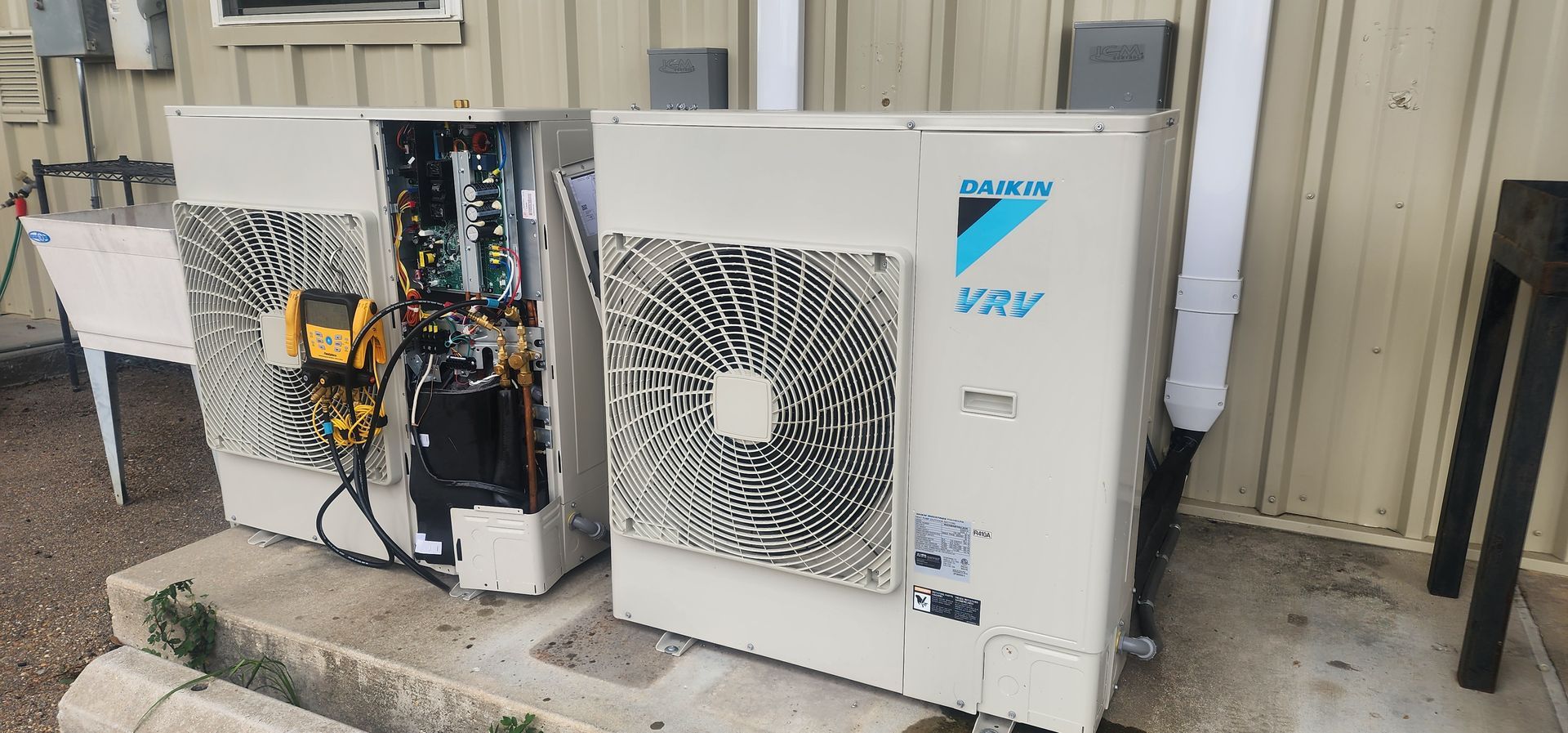
When To Replace An HVAC System?
The following are some easily recognizable signs that your HVAC system is faulty and should be replaced:
- HVAC System Age: Consider the average age of your system to decide when to replace it with a more appropriate HVAC system
- Noises And Poor Performance: Issues such as fluctuating temperatures and noise are also common indicators of an HVAC system that should be replaced.
- Higher Utility Bills: Older HVAC systems use more energy and leading to higher utility bills as they deteriorate and break down.
- Repair Expenses: Frequent breakdowns and high repair costs are a clear sign it’s time to replace your system.
How To Extend HVAC Lifespan
The cost of air conditioner and furnace replacement is a concern for many people. However, you can extend the life of your system through intelligent upgrades and routine maintenance.
- Change Air Filters Regularly: Replace filters on a routine basis to avoid clogged airflow and compromised system performance.
- Biannual HVAC Maintenance: Schedule maintenance for HVAC twice a year to inspect critical parts like the expansion valve, heat exchanger, and refrigerant.
- Install A Smart Thermostat: Replacing your thermostat assists in controlling usage and maximizing performance in the long run for your HVAC system.
- Clean Ducts: Sealing and cleaning ducts prevent energy loss and help your HVAC system distribute air more efficiently.
- Control Indoor Humidity: Use a dehumidifier to safeguard your HVAC system from damage induced by moisture.
Schedule HVAC Service In Hammond Now!
Don't wait for your system to break down! Schedule with Southern HVAC today to experience the best HVAC services in Hammond, LA. Our certified technicians ensure your system runs at peak performance all year!

FAQs
What is the average life of a furnace?
Most furnace systems last between 15 and 20 years, depending on fuel type, maintenance, and usage patterns.
How long do central air conditioners last?
Central air conditioning units typically have a lifespan of 12 to 17 years, and regular maintenance can help extend their lifespan.
Does poor indoor air quality affect HVAC lifespan?
Yes, polluted air clogs filters and damages system components, reducing the life of the HVAC system.
Can HVAC systems last 30 years?
Although rare, some well-maintained systems can last up to 30 years, especially modern ones like ductless mini-split systems.
What causes an HVAC system to break down early?
Lack of maintenance, improper installation, and extreme climate conditions are major causes of early HVAC failure.

